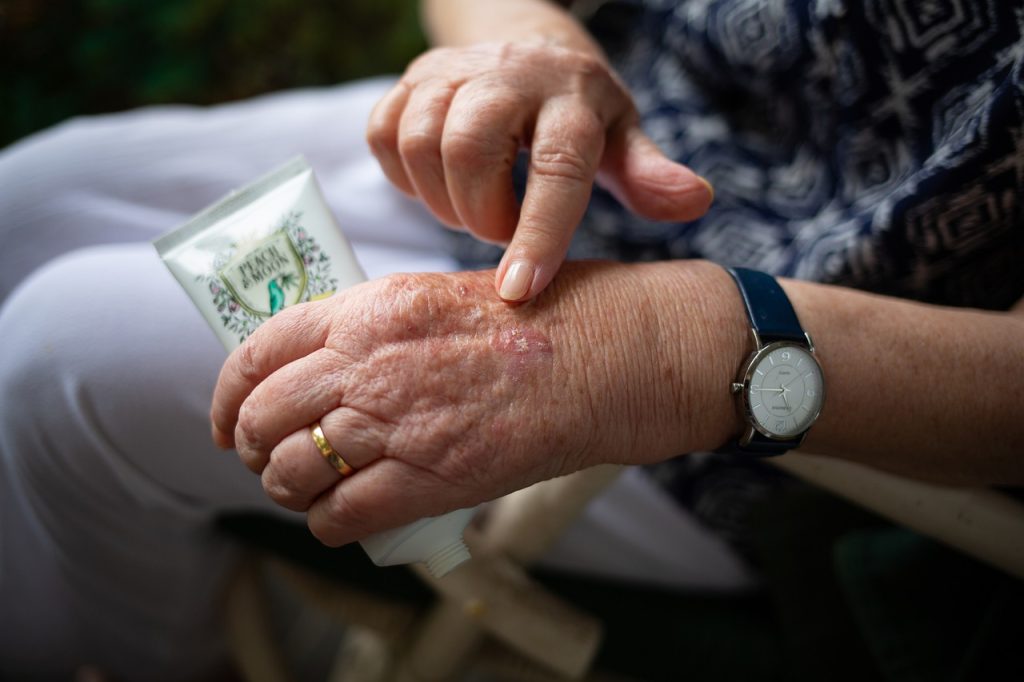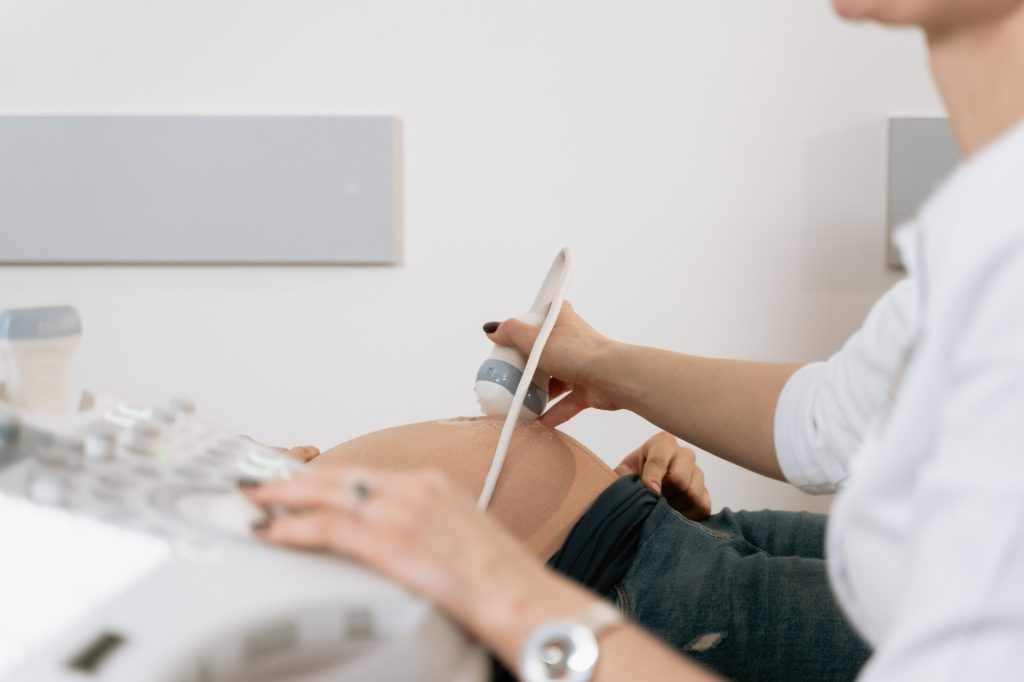Immunomodulatory Rheumatoid Arthritis Drugs might Prevent Autoimmune Thyroid Disease

Anti-rheumatic drugs used for rheumatoid arthritis (RA) might prevent the development of autoimmune thyroid disease, according to a new observational study by researchers from Karolinska Institutet which is published in the Journal of Internal Medicine.
Patients with RA at increased risk of autoimmune thyroid diseases such as Hashimoto’s disease and Graves’ disease. While patients with RA are usually treated with immunomodulatory drugs that affect the immune system, such drugs are rarely used in autoimmune thyroid diseases. Instead, such patients are treated with thyroid hormones such as levothyroxine to compensate for the changes in normal thyroid function that accompany autoimmune thyroid disease.
In this study, the researchers wanted to investigate whether immunomodulatory drugs that reduce inflammation in the joints of patients with RA might also reduce the risk of these patients developing autoimmune thyroid disease. Previous studies in mice suggest that so-called DMARDs, a type of immune-modulatory drugs used to treat rheumatoid arthritis, can reduce inflammation in the thyroid gland. Still, knowledge of whether this effect also applies to humans is limited, according to the research team.
The researchers used data between 2006 and 2018 on over 13 000 patients with rheumatoid arthritis and their treatment, as well as data from over 63 000 individuals in a matched control group without rheumatoid arthritis.
The researchers found that the risk of developing an autoimmune thyroid disease among RA patients was lower after their onset of the rheumatic disease than before diagnosis.
The most greatest risk reduction was seen in RA patients treated with immunomodulatory drugs or ‘biological DMARDs’. In these patients, the risk of autoimmune thyroid disease was 46% lower than in the control group without rheumatoid arthritis.
“These results support the hypothesis that certain types of immunomodulatory drugs could have a preventive effect on autoimmune thyroid disease,” says Kristin Waldenlind, researcher at the Department of Medicine, Solna, Division of Clinical Epidemiology, Karolinska Institutet, specialist in rheumatology at Karolinska University Hospital and first author of the study. She continues:
“Our results do not prove that it is the treatment with immunomodulatory drugs that led to the reduced risk of autoimmune thyroid disease, but provide support for this hypothesis. The results, if they can be replicated in further studies, open up the possibility of studying more directly in clinical trials whether the immunomodulatory drugs currently used for rheumatoid arthritis could also be used for the early treatment of autoimmune thyroid disease, ie for new areas of use of these drugs, known as drug repurposing.”
Source: Karolinksa Institutet


